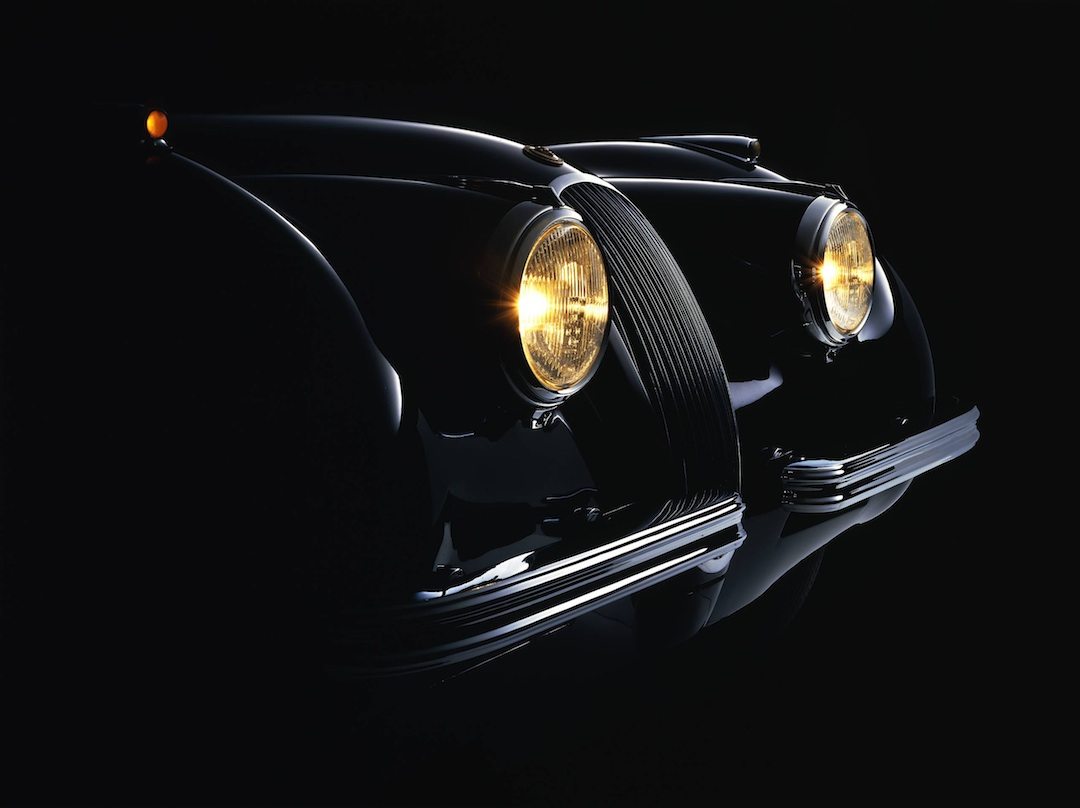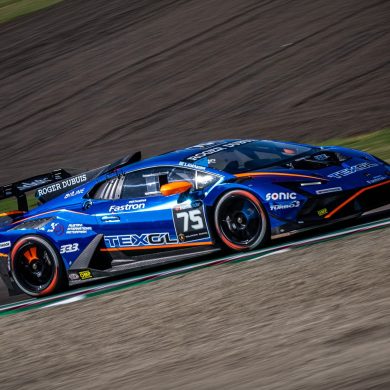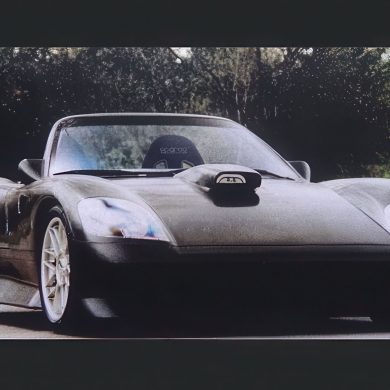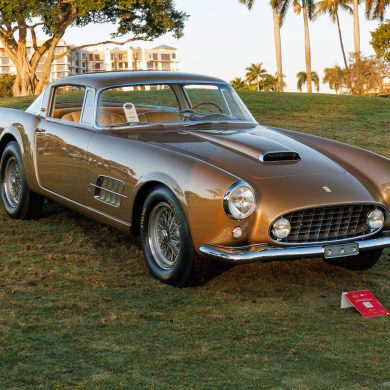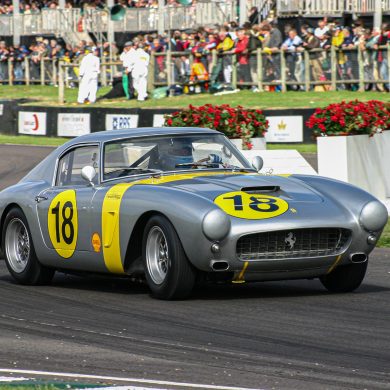FIVA, the Fédération Internationale des Véhicules Anciens, has named 2016 as World Motoring Heritage Year — both in recognition of our motoring history and to celebrate a new dawn for the historic vehicle movement throughout the world. This year also marks the 50th anniversary of FIVA itself.
“This is the perfect time to launch World Motoring Heritage Year, as we’re at the dawn of a bright new age of classic motoring,” says Patrick Rollet, President of FIVA, a non-profit-making enterprise set up in 1966 that currently represents 85 member organizations in more than 64 countries, on behalf of millions of individuals with a passion for historic cars, motorcycles or utilitarian vehicles.
“At a time when new technology and autonomous cars are poised to change the face of motoring forever, you only need look at the similarly dramatic shift in transport at the end of the 19th Century — when horses were almost entirely replaced by motor vehicles — to see a vibrant future for classic cars as recreational vehicles. Indeed, there are some startling parallels between the environmental crisis of the 1800s, and the challenges facing the motor industry today.
“And it is right to celebrate motoring history. The automobile has — over the last hundred years or so — had a hugely liberating effect on humanity. FIVA welcomes safer, cheaper, more environmentally friendly modern vehicles as necessary transport, but as autonomous cars become the norm on arterial roads, the back roads will increasingly be available for people to enjoy classic motoring.”
To mark World Motoring Heritage Year and emphasize its new mission statement, “Protecting, preserving and promoting world motoring heritage,” FIVA is planning an ongoing series of events and initiatives throughout the coming year, including:
- Twice-yearly “Heritage Forums,” bringing together the heads of the classic divisions of the major vehicle manufacturers, and symposiums on pertinent topics for all stakeholders to deliberate and debate key issues;
- Broadening the scope of FIVA to allow professional members, such as manufacturers, to contribute to and aid the movement;
- Identifying issues of global concern, lobbying the relevant authorities and raising public awareness;
- Launching FIVA-backed awards at many of the world’s top events;
Issuing FIVA ID cards based on the new technical code for historic vehicle authentication;
- The design of two World Motoring Heritage Year logos (one for cars and one for motorcycles) that will soon be available as stickers to the general public.
For complete information, please visit: www.fiva.org


